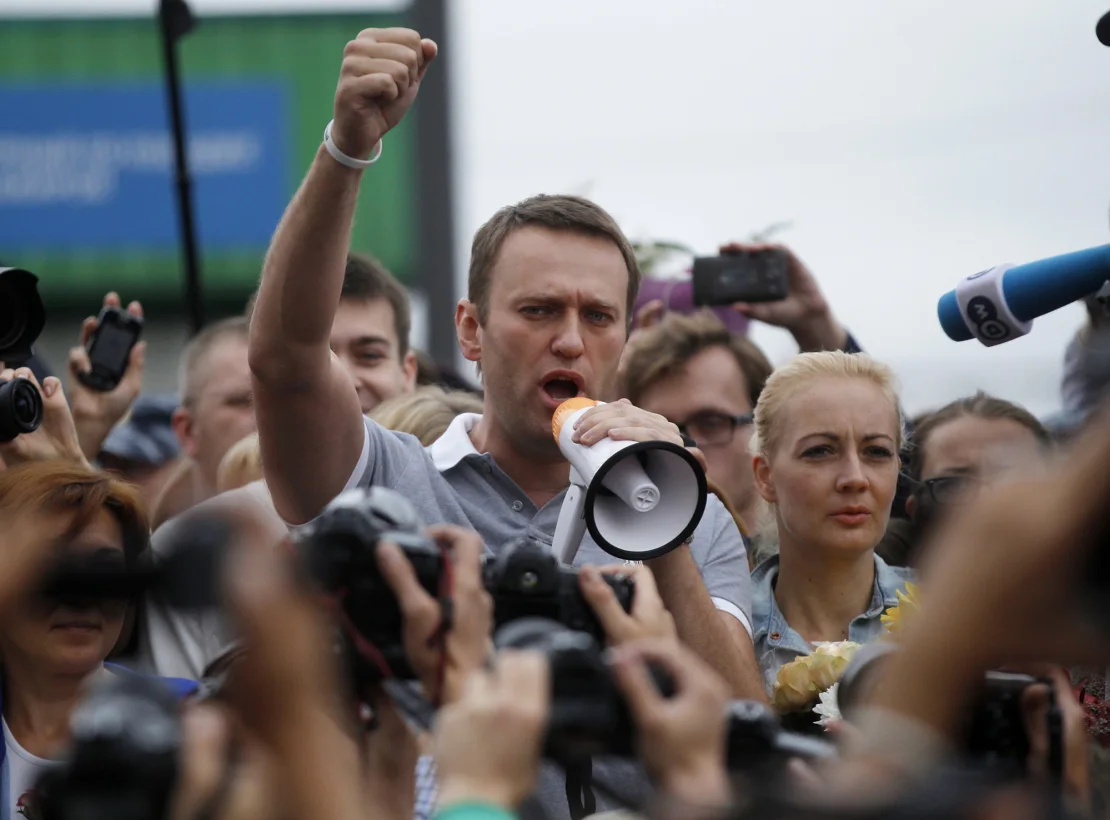Alexey Navalny, the Russian opposition leader whose fierce criticism and investigative work into government corruption made him a significant adversary to President Vladimir Putin, has died at the age of 47, as confirmed by the Russian prison service. Navalny’s relentless pursuit of transparency and accountability and his role in orchestrating major anti-government protests positioned him as a central figure in the opposition movement against the Kremlin’s ruling elite.
Navalny’s return to Russia in 2021 from Germany, where he was recuperating from a Novichok poisoning incident he attributed to the Kremlin, marked the beginning of his final chapter. Despite the risks, he remained undeterred, emphasizing his commitment to his homeland and the fight for justice. “I understand that Putin hates me, I understand that people in the Kremlin are ready to kill,” Navalny expressed in an interview with CNN weeks before his return to Russia. His subsequent arrest and imprisonment led to widespread protests and international condemnation, highlighting the intensifying crackdown on dissent within Russia.
The conditions of Navalny’s imprisonment, particularly concerning his health and the allegations of being poisoned again, have been a source of significant concern. His spokesperson, Kira Yarmysh, voiced fears of a deliberate slow poisoning, a claim that the Kremlin has consistently denied. Navalny’s health issues in prison, including severe stomach problems and significant weight loss, have only fueled these suspicions further.
Navalny’s death is not just a personal tragedy but also a significant blow to the opposition movement in Russia. It underscores the problematic environment for critics of the Putin regime, reminiscent of other high-profile cases such as Alexander Litvinenko, Sergei Skripal, and Boris Nemtsov. Navalny’s demise is likely to cast a long shadow over the future of political dissent in Russia, reinforcing the narrative of an unwavering crackdown on opposition voices.
In remembering Navalny, it is crucial to acknowledge his political activism and his role as a husband and father. His unwavering dedication to fighting corruption and advocating for democratic principles, despite the immense personal risks, marks him as a figure of significant moral courage in contemporary Russian history. As the world reflects on Navalny’s legacy, the enduring question remains how his absence will shape the landscape of Russian opposition and the broader struggle for democracy and human rights in the face of authoritarianism.







